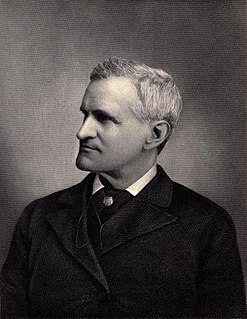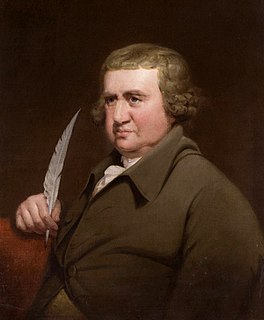A Quote by Bruce Chatwin
The word story is intended to alert the reader to the fact that, however closely the narrative may fit the facts, the fictional process has been at work.
Related Quotes
If one loves stories, then one would naturally love the story of the story. Or the story behind the story, pick your preposition. It does seem to me to be a kind of animal impulse almost, a mammalian curiosity. For a reader to wonder about the autobiography in a fiction may be completely unavoidable and in fact may speak to the success of a particular narrative, though it may also speak to its failure.
Comics are a "young" art form, and there is much confusion as to how to treat them. Images have more immediate impact than words, and it is not every reader who can be convinced to relax into experiencing the work for what it is - not words and pictures, but a different form, where the narrative is propelled by the blending of image, word and sequence, and where no element can be extricated and have the same meaning by itself. When this art is shown in a gallery, its "thingness" is called to attention, it is no longer experienced as "story," but rather as an artifact of the artist's process.
Faithfulness to the truth of history involves far more than a research, however patient and scrupulous, into special facts. Such facts may be detailed with the most minute exactness, and yet the narrative, taken as a whole, may be unmeaning or untrue. The narrator must seek to imbue himself with the life and spirit of the time. He must study events in their bearings near and remote; in the character, habits, and manners of those who took part in them. He must himself be, as it were, a sharer or a spectator of the action he describes.
In fact, I always assumed that most everything I read was true, to one degree or another. I couldn't articulate this fact until after I read Tim O'Brien's The Things They Carried and he discussed Happening Truth, Story Truth, and Emotional Truth. I always understood that the facts of The Sun Also Rises or On the Road were the facts as dictated by a certain narrative structure, but because the experiences of those characters echoed my own feelings about the world. I knew there was a Happening Truth behind them.
It often seems to me that's all detective work is, wiping out your false starts and beginning again." Yes, it is very true, that. And it is just what some people will not do. They conceive a certain theory, and everything has to fit into that theory. If one little fact will not fit it, they throw it aside. But it is always the facts that will not fit in that are significant.
Consider the different narrative styles within the story, and the glee with which the "moralistic narrator" celebrates Aschenbach's fall - maybe, then, this is a hostile verdict and the international fame is warranted after all (given that Mann modeled his protagonist so closely on himself, it would be quite odd if he had intended Aschenbach's literary inferiority to be a fixed part of the interpretation).
I understand how difficult it can be for an African-American in today’s society. In fact, I can relate to black people very well indeed. My ancestors once owned slaves, and it is in my lineage to work closely with the black community. However, just because they were freed over a century ago doesn’t mean they can now be freeloaders. They need to be told to work hard, and the incentives just aren’t there for them anymore. When I’m president I plan to work closely with the black community to bring a sense of pride and work ethic back into view for them.
Productiveness is your acceptance of morality, your recognition of the fact that you choose to live-that productive work is the process by which man's consciousness controls his existence, a constant process of acquiring knowledge and shaping matter to fit one's purpose, of translating an idea into physical form, of remaking the earth in the image of one's values-that all work is creative work if done by a thinking mind.







































